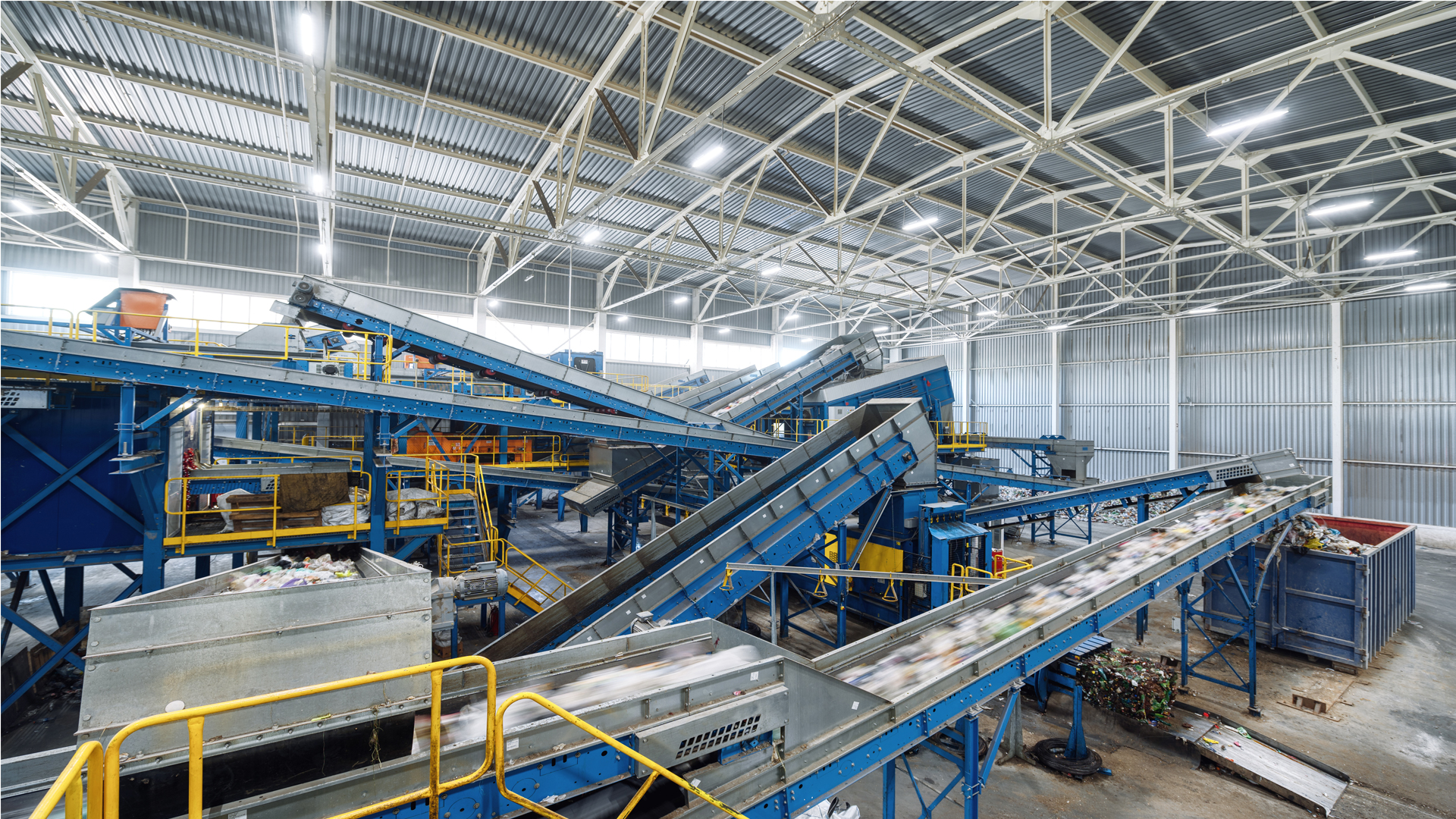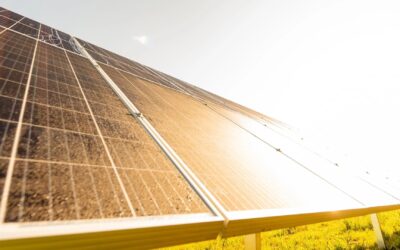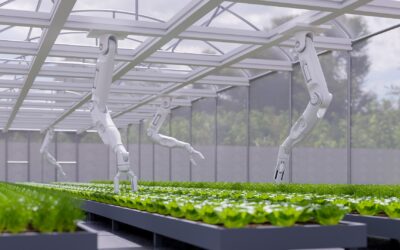Sustainable Manufacturing 101: How to Use Less Plastic
380 million tons of plastic is manufactured every year. For those of you that aren’t into the metric system, that’s 8.3 BILLION pounds of plastic. All this plastic is manufactured into final products that I’ll just call “stuff.” That stuff can be anything from those pesky, one-time-use straws to eyeglass frames, car parts and everything in between. It’s also stuff that you didn’t even realize is made from plastic, like carpet, disposable “paper” drink cups and glitter. (Yes, glitter is just tiny pieces of plastic. Yes, I know your mind is blown, but what did you think it was anyway?)
So, 8.3 BILLION pounds of plastic is made across the globe every year, yet only 9% of it ever gets recycled. That’s not very much…
Why does this happen, despite our best attempts? Well, the recycling system is broken, because it was never set up to meet our needs. You can read more about that here in my last post.
Over 95,000 different types of plastics are used in the U.S. every year, and we don’t have a system in place to collect, sort and reprocess them. Also, virgin or new plastic is so cheap, it generally costs less to buy virgin plastic then deal with recycling.
I grew up in the plastics industry. I literally grew up on the shop floor, learning about plastics from the bottom up. My dad contributed a lot to the plastics industry, including being on the founding team to create the first plastic bottles with handles incorporated – the gallon size milk jugs we all use.
As a kid, I was always amazed at what daddy could do with plastics, but at the same time, I was far more interested in the waste that was created. Actually, I was mortified by it. I wanted to learn everything I could about it and then find a way to help reduce it.
Fast forward to adulthood. I was bored and felt unsatisfied with my career. I felt like what I was doing just didn’t make a difference and I needed to do more. I met my Co-Founder, Raju Patil, in a grocery store parking lot. He grew up as the son of rice farmer in rural India, learning about agricultural practices via firsthand experience.
Together, we combined our childhood experiences and created Pivot Materials.
Pivot is an advanced material supplier that provides alternatives to traditional plastics, by incorporating plant waste. That’s right, we upcycle plant waste into plastic or bioplastics. Amy Brown from TriplePundit, says what we do best.
If plastic isn’t getting recycled, the only way to end the plastics crisis is to use less of it. That’s our goal at Pivot. We take the waste that’s left over from farming or small industry and upcycle it, giving it a second life.
For this example, I’m using bamboo. Bamboo is used in numerous different industries, but oftentimes there’s a lot of waste left over. We take that waste, and we process it to get fibers. Then, we compound or mix those fibers with traditional plastic or bioplastics, to get these little pellets that can be formed into final products like picnic plates.
It’s just not bamboo waste either. We can upcycle coffee processing waste, barley hulls, rice hulls and even almond shells. Farmers’ trash is our treasure!
It’s not just about using less plastic either. Crop waste all over the world is burned, adding more air pollution to our already polluted atmosphere. In fact, one third of all black carbon emissions from around the world comes from crop burning. Click here to see images from NatGeo about how smoggy the air gets when crop burning starts and to see a graph about how quickly air quality decreases.
This is where Pivot comes into play. Our sustainable materials can take excess crop waste and upcycle it, reducing the amount of plastic used, while also sequestering the carbon from the plants.
All you manufacturers out there may be thinking that it takes a lot of newfangled equipment to run our material. That’s a fair question – one we get asked a lot. The answer is no. Our material runs in traditional injection molding machines.
We aren’t the only ones into sustainable materials either. And it’s not just small businesses and startups in this space. Ford uses sustainable materials. Dr. Alper Kiziltas is basically a celebrity in this space. You’ll see him at all the conference, talking about what Ford is doing, like using soy-based polyurethane foam.
There’s also PHA. Several companies are working with PHA, which is a biobased material made from methane that can breakdown naturally, unlike traditional plastic. Personally, I love the team at Mango Materials and their co-Founder Anne Schauer-Gimenez
Disruptive materials are the way of the future. Ten years from now, I think the most innovative and sought-after startups out there won’t be software companies. They’ll be material companies and they’ll be revolutionizing the way that we make all the stuff we use. This is because people have realized that the only way forward is a sustainable way forward. And that starts with how we manufacturer all our stuff. You don’t wanna be last in line either, so do your research and figure out how you can use less plastic.
Kylee Guenther is the CEO of Pivot Materials (Pivot) and Co-Founder of Loopy Products (Loopy). Kylee is an entrepreneur, international keynote speaker and second generation in her family to work in the plastics industry. She grew up on the plastics manufacturing shop floor and is passionate about finding environmentally friendlier solutions to everyday issues involving sustainability. Kylee was a University Fellow at Eastern Michigan University, where she studied Management. She lives in Michigan with her amazing husband and enjoys learning foreign languages, traveling and margaritas. Pivot Materials (Pivot) provides sustainable alternatives to traditional plastic by incorporating plant waste for the automotive, packaging and consumer product industries. These materials are light-weight, sustainable, cost competitive and do not require changes in the current manufacturing setup or special tooling. Loopy Products is an eco-friendly home and housewares brand focused on finding sustainable solutions for hard or impossible to recycle products. Pivot and Loopy Products are proud to be millennial-woman owned Detroit based social impact businesses that provide smarter, sustainable products.




